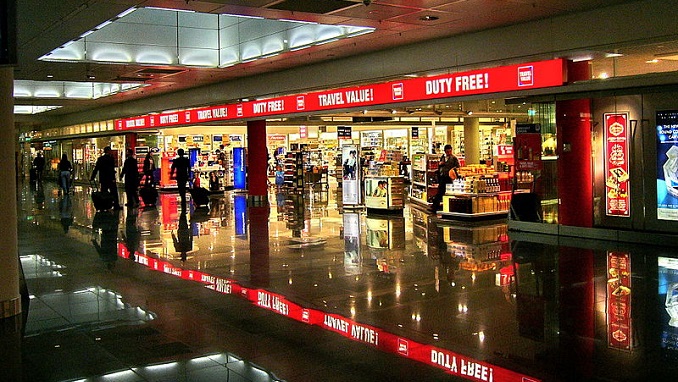Russian Prime Minister Dmitry Medvedev has signed legislation renewing the government’s experiment with duty-free zones for another year and extending the project to three more regions, RIA Novosti reports.
“I have just signed a new decree, which does not merely extend the term of this pilot project by December 31, 2020, but also makes it possible to broaden the geography and the number of participants in this process. Thirteen regions having it in force will be complemented by three more: these are Leningrad, Primorsk and Khabarovsk Regions,” Medvedev said.
Referencing of stores to the specific address stipulated in the prior version of the decree is eliminated, Medvedev added. The retail trade of the region carried by Russian legal entities can now take part in the project and not merely entities registered in specific buildings or in specific streets.
On April 10, 2018, Russia began testing a system that allows foreigners to return VAT on purchases made in Russia. The first cities in which foreigners were able to use the tax-free system were Moscow and St. Petersburg. Then the list included the cities hosting the 2018 FIFA World Cup.
As Russia’s Finance minister Anton Siluanov noted during the meeting, in 2018, customs officers issued about 42 thousand checks through duty-free, but in the first 11 months of 2019 their volume grew by 35%. The total turnover of trade that fell into the system amounted to about 17 billion rubles.
The law on the introduction of tax-free entered into force on January 1, 2018. Citizens of foreign countries that are not members of the EAEU can return VAT on goods purchased in Russia. For such compensation, a foreigner now needs to purchase goods in the amount of at least 10,000 rubles ($160), including tax, within one day.
In test mode, the duty-free system was launched on April 10 last year in Moscow, St. Petersburg, Krasnogorsk and Sochi. Shops of other cities were later connected to the system, and it currently operates in 13 Russian regions and republics.












